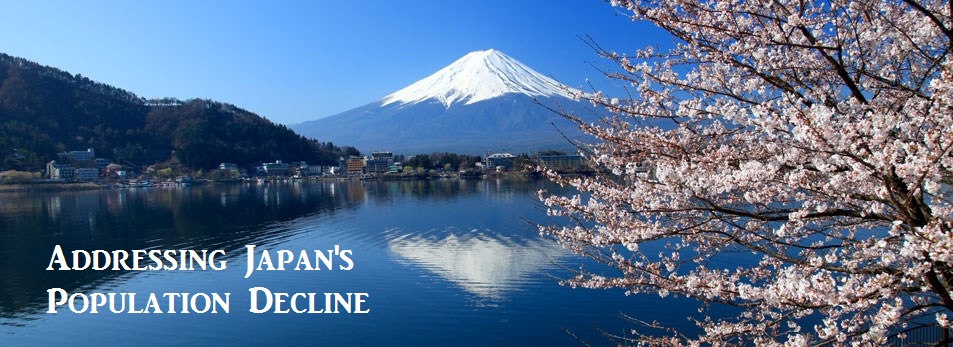Addictive Economies and Coal Dependency – Perdue and Pavela
Methods of Extraction and Socioeconomic Outcomes in West Virginia
Section three in our textbook is a thorough dissection of the effects of development on the environment. The three main types of development in America are discussed, each with their own characteristics, demographic, economy, geography, and level of industrialism. Looking closely at West Virginia and the constant struggle between local citizens and the mountain top removal efforts surrounding them, Perdue and Pavela clearly break down the rural effects. As a consumer-driven economy, most people are not aware of the external costs needed for obtaining electricity. By providing a 13 year timeline of coal extraction in West Virginia, it is illustrated that the economic benefits are not great enough or worth the suffocation of a community or their economy. Perdue and Pavela provide statistics from the state’s wellbeing rankings, overall health of citizens, and unemployment data from the Bureau of Labor to illustrate just how coal mining is effecting socioeconomic status of West Virginia. I found the additional tables to be informative as they had more quantitative data for the coal extraction. The statistical approach was able to reap unique results; results that the coal industry are manipulating to appear as economically sound and profitable. Not only are these resource heavy methods harming locals, but they are becoming less and less feasible as lower-emitting technology becomes available. The entire life cycle of this cheap coal is shown from the extraction processes, use, and demand for more: Perde and Pavela exploit the environmental injustice being shown to the residents and the environment itself. This form of environmental injustice can be related back to the Minamata Bay Disease that struck the fishing towns nearby. These lower income families who were dependent on the fishing industry were poisoned both physically and economically by the Chisso Chemical Corporations contamination of mercury in the bay. This echoes Perdue and Pavela’s conversation since the fishing industry in Japan caters to a large consumer base, but a only a certain demographic are confronted with injustice when tragedy strikes.
From Organization and Environment, vol. 25, no. 4 (2012): 368-384. Used by permission of SAGE.
